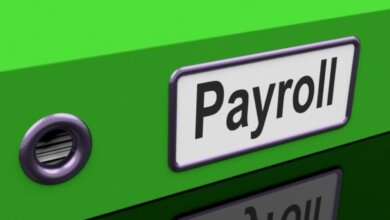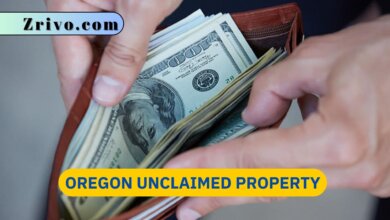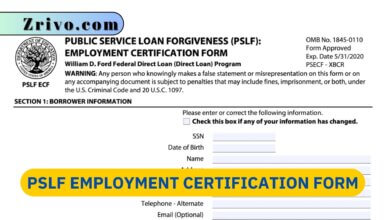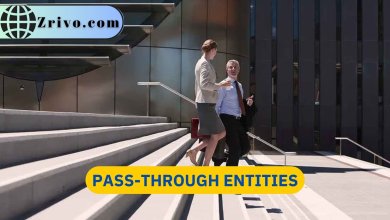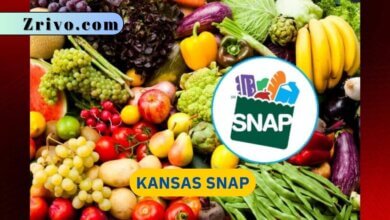How to Get a Liquor License in Wisconsin?
Anyone who wants to sell, serve, or consume alcoholic beverages in Wisconsin must obtain a liquor license. Those who do so must agree to allow officials to inspect the premises.
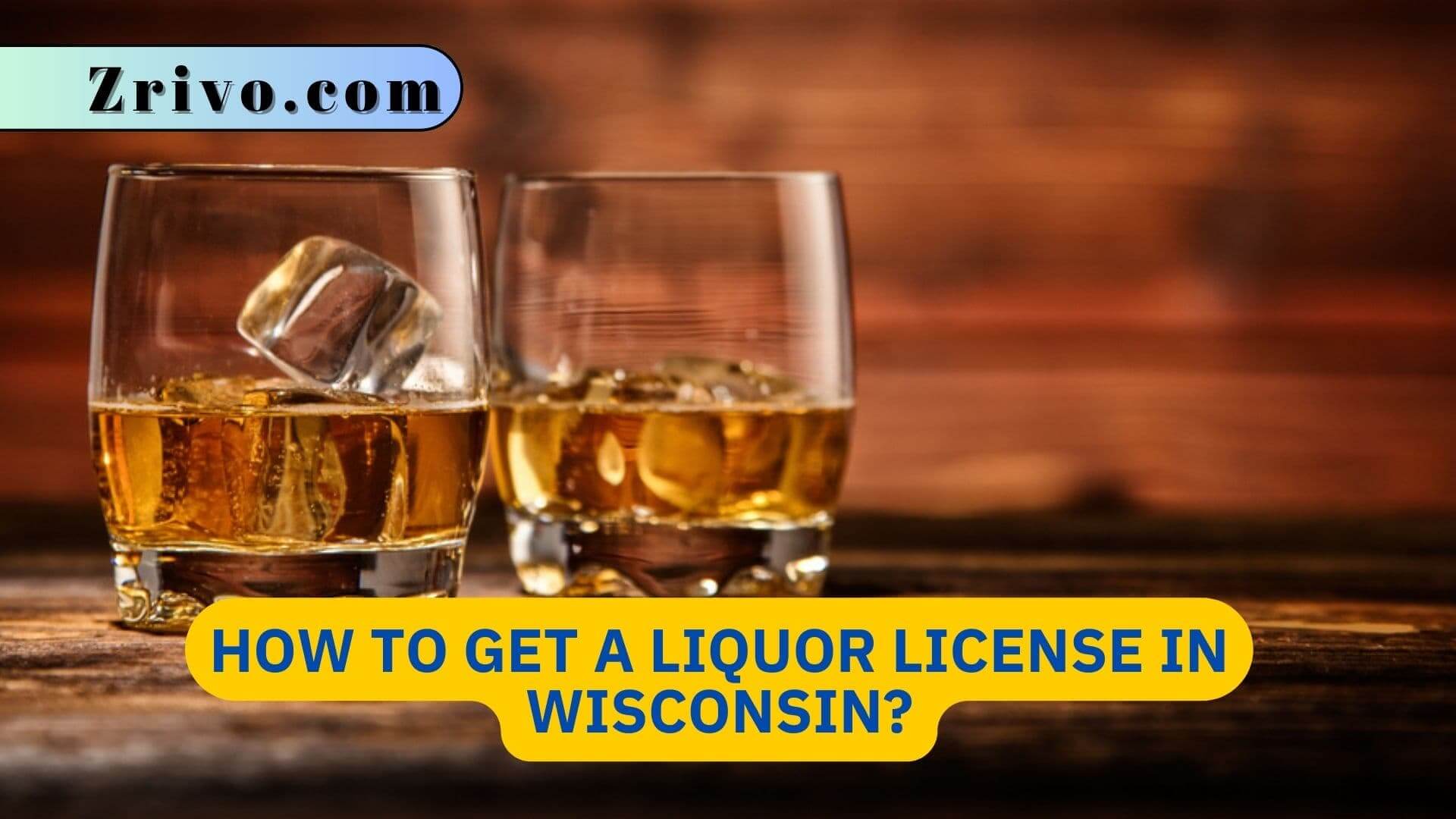
The state of Wisconsin sets alcohol licensing rules and regulations, but local municipalities can also have their own ordinances. These can include quotas, reserve fees, and other restrictions. Liquor licenses are available for businesses such as restaurants, bars, and grocery stores. Each type of license has its own requirements and fees.
All license applications must be submitted with the City Clerk’s Office and are subject to approval by the Ordinance & License Committee and the Council. Before the application is approved, a record check on the owner(s) or agent(s) must be completed. In addition, state law requires that all owners/agents attend a Responsible Beverage Server training course, a 4-hour class offered by the Waukesha County Technical College, or online.
Choosing the right liquor license is essential for any restaurant. We can help you examine your business and determine the type of license that will best suit your needs. In addition, we can help you navigate the licensing process with ease. Whether you’re a business seeking a new license or transferring your current one, we can help you through the entire process.
Wisconsin Liquor License Eligibility
To get a liquor license in Wisconsin, you must meet certain requirements. These include being over the age of 21, having a valid seller’s permit, and completing a responsible beverage server training course. You must also submit an application to the municipality where you want to sell alcohol. Depending on the type of license, you may be required to provide a security deposit or post an indemnity bond.
The State of Wisconsin regulates the sale of alcohol beverages set forth in Chapter 125 of the State Statutes. The Village has seven “Class B” Reserve licenses in use, which allow the retail sale of wine and fermented malt beverages (beer) for consumption on the premises. All original license applications require a copy of the seller’s permit ID certificate and a federal identification number.
All applicants for a new license or a renewal must attend an information session, and if requested, an interpreter will be provided at the meeting. Those who need an interpreter should indicate that need on the application form. You must also obtain an orange sign to post onsite that notifies the public of your information session.
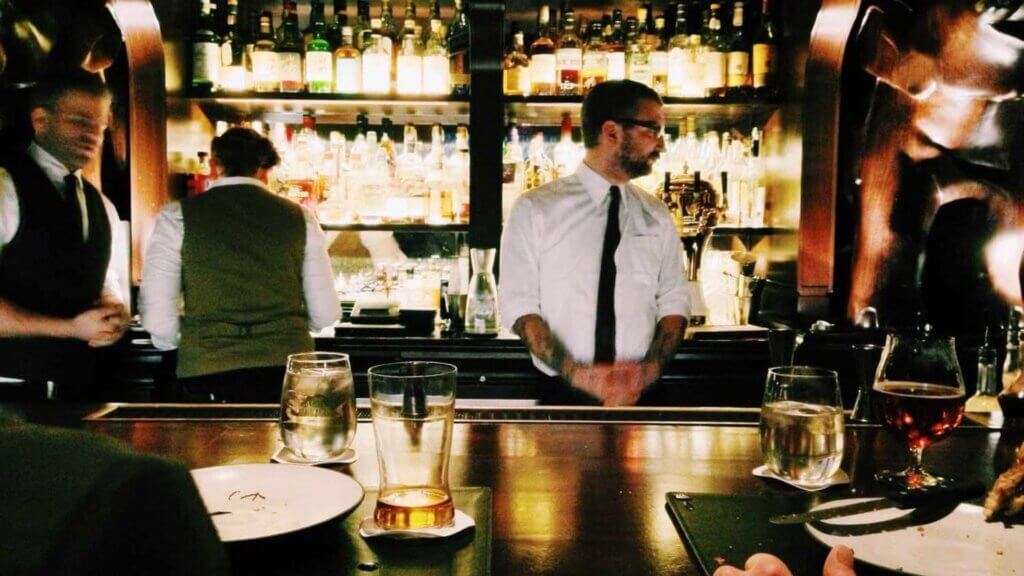
Fees for Liquor Licenses in Wisconsin
There is a quota for the number of Class B liquor licenses that the City may issue. The Clerk’s office is required to report quota status at each Protection & Liquor Committee meeting. If there are no longer any available Class B liquor licenses, a reserve liquor license may be obtained for a $10,000 fee.
In addition to the license requirements, the City requires that the applicant meet certain other criteria such as having a physical address within the City of Shawano and complying with health and sanitation regulations. Please contact the City Clerk’s Office if you have any questions about these requirements.
The fees for liquor licenses in Wisconsin can vary by municipality and the type of license. Here are some examples of the fees for different types of liquor licenses:
- Class B Licenses (for consumption on premises, typically bars and restaurants):
- Beer Only: Around $100.
- Liquor: Typically $400, but can vary.
- Reserve License: If available, these can be as high as $10,000.
- Class A Licenses (for consumption off premises, typically gas stations and liquor stores):
- Beer: About $425.
- Liquor: Approximately $425.
Additional fees that might apply include a $25 publication fee and a $25 background check fee. These fees are effective starting July 1, 2024.
